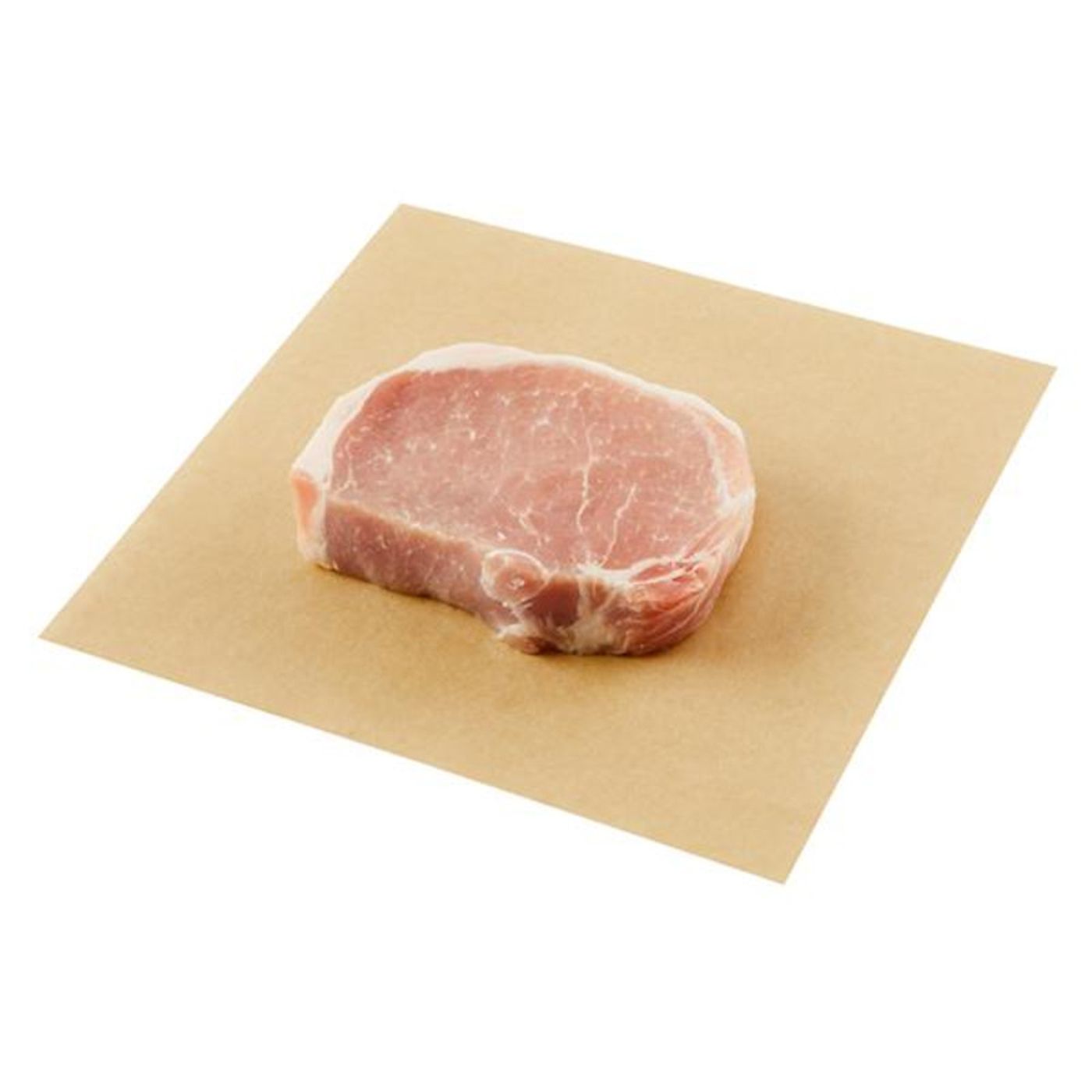If you're curious about the nutritional value of pork intestines, you're not alone. Pork intestines, often referred to as chitterlings or "chitlins," are a popular dish in many cuisines worldwide. They're known for their unique texture and flavor, but many people are also concerned about their caloric content. A 1.5lb serving of pork intestines is a substantial portion, and understanding its calorie count is essential for those tracking their dietary intake. Whether you're cooking them at home or ordering them at a restaurant, knowing the nutritional breakdown can help you make informed choices.
Pork intestines are rich in protein and fat, making them a calorie-dense food. A 1.5lb portion typically contains around 1,200 to 1,400 calories, depending on the preparation method. Factors such as frying, boiling, or grilling can significantly impact the final calorie count. For instance, frying pork intestines in oil will add extra calories, while boiling them in water may reduce the fat content. Understanding these nuances is crucial for anyone looking to enjoy this dish without compromising their health goals.
Beyond the calorie count, pork intestines also offer essential nutrients like iron, zinc, and B vitamins, which are vital for maintaining overall health. However, they are high in cholesterol and saturated fats, which means moderation is key. This article will explore the caloric content of 1.5lb pork intestines in detail, along with preparation tips, health benefits, and potential risks. Whether you're a food enthusiast or someone managing their diet, this guide will provide all the information you need to make the most of this unique ingredient.
Read also:What Happened 25 Years Ago And How It Shaped Today
Table of Contents
- What Are Pork Intestines?
- How Many Calories Are in 1.5lb Pork Intestines?
- What Are the Health Benefits of Eating Pork Intestines?
- Are There Any Risks or Considerations When Eating Pork Intestines?
- What Are the Best Ways to Prepare and Cook Pork Intestines?
- What Are Some Popular Dishes Featuring Pork Intestines?
- Frequently Asked Questions
What Are Pork Intestines?
Pork intestines, commonly known as chitterlings, are a traditional food item that has been enjoyed for centuries, particularly in Southern American, Asian, and European cuisines. These are the cleaned and prepared intestines of pigs, often used in stews, stir-fries, and grilled dishes. Historically, they were considered a delicacy and a way to utilize every part of the animal, minimizing waste.
The preparation of pork intestines is an art in itself. They require thorough cleaning to remove any impurities, which is often a time-consuming process. Once cleaned, they can be cooked in a variety of ways, each imparting a unique flavor and texture. For example, in Southern American cuisine, they are often slow-cooked with spices and served as a hearty dish during festive occasions. In Asian cuisines, they might be stir-fried with vegetables or added to soups for extra flavor and richness.
Despite their popularity, pork intestines are a polarizing ingredient due to their strong flavor and chewy texture. However, for those who appreciate them, they offer a satisfying culinary experience. Whether you're a seasoned chef or a curious foodie, understanding the basics of pork intestines can help you incorporate them into your meals confidently.
How Many Calories Are in 1.5lb Pork Intestines?
When it comes to 1.5lb pork intestine calories, the numbers can vary depending on how they are prepared. On average, a 1.5lb serving of pork intestines contains approximately 1,200 to 1,400 calories. This makes them a calorie-dense food, ideal for those looking to increase their caloric intake but requiring moderation for weight management.
Nutritional Breakdown of Pork Intestines
Pork intestines are not just about calories; they also provide a range of nutrients. Here's a breakdown of what you can expect in a 1.5lb serving:
- Protein: Approximately 80-100 grams, making it a good source of high-quality protein.
- Fat: Around 80-100 grams, with a mix of saturated and unsaturated fats.
- Cholesterol: High levels, often exceeding 500mg, which is something to consider for those monitoring their cholesterol intake.
- Vitamins and Minerals: Rich in iron, zinc, and B vitamins, which support energy production and immune health.
What Factors Affect the Calorie Count of Pork Intestines?
Several factors can influence the calorie content of pork intestines:
Read also:The Ultimate Guide To The Best Burger Day Deals In 2023
- Cooking Method: Frying adds extra calories due to oil absorption, while boiling or grilling may reduce the fat content.
- Seasonings and Sauces: Adding rich sauces or heavy seasonings can significantly increase the calorie count.
- Portion Size: Larger portions naturally contain more calories, so portion control is essential.
What Are the Health Benefits of Eating Pork Intestines?
While pork intestines are calorie-dense, they also offer several health benefits when consumed in moderation. These benefits stem from their nutrient-rich profile, which includes essential vitamins, minerals, and proteins.
Essential Nutrients in Pork Intestines
Pork intestines are a powerhouse of nutrients that contribute to overall health. They are particularly high in protein, which is crucial for muscle repair and growth. Additionally, they contain iron, which helps prevent anemia, and zinc, which supports immune function. The B vitamins present in pork intestines, such as B12 and riboflavin, play a vital role in energy metabolism and maintaining healthy skin and hair.
How Do Pork Intestines Support the Immune System?
The zinc and iron in pork intestines are essential for a robust immune system. Zinc is known for its role in wound healing and immune cell function, while iron helps transport oxygen in the blood, ensuring that immune cells function optimally. Including pork intestines in your diet can thus provide a natural boost to your body's defenses, especially during flu season or times of increased stress.
Are There Any Risks or Considerations When Eating Pork Intestines?
While pork intestines offer nutritional benefits, they also come with potential risks. Their high fat and cholesterol content can be a concern for individuals with heart disease or high cholesterol levels. Additionally, improper cleaning or cooking can lead to foodborne illnesses, as pork intestines may harbor harmful bacteria if not handled correctly.
To mitigate these risks, it's essential to clean the intestines thoroughly before cooking and ensure they are cooked to a safe internal temperature. Moderation is also key; incorporating them into a balanced diet rather than consuming them frequently can help minimize potential health concerns.
What Are the Best Ways to Prepare and Cook Pork Intestines?
Preparing pork intestines can be an intimidating task, but with the right techniques, you can enjoy a delicious and safe meal. Here are some tips:
- Cleaning: Rinse the intestines thoroughly under cold water and use vinegar or lemon juice to remove any odors.
- Cooking Methods: Boiling or slow-cooking is ideal for tenderizing the texture, while grilling or frying adds a crispy exterior.
- Seasoning: Use herbs and spices like garlic, ginger, and chili to enhance the flavor without adding excessive calories.
What Are Some Popular Dishes Featuring Pork Intestines?
Pork intestines are a versatile ingredient used in a variety of dishes worldwide. Some popular recipes include:
- Chitterlings: A Southern American classic, often served with collard greens and cornbread.
- Grilled Pork Intestines: A popular street food in Asia, marinated in soy sauce and spices.
- Pork Intestine Stew: A hearty European dish, slow-cooked with vegetables and herbs.
Frequently Asked Questions
How Many Calories Are in 1.5lb Pork Intestines?
A 1.5lb serving of pork intestines typically contains 1,200 to 1,400 calories, depending on the preparation method.
Are Pork Intestines Healthy to Eat?
Pork intestines can be part of a healthy diet when consumed in moderation. They are rich in protein, iron, and B vitamins but high in fat and cholesterol, so portion control is essential.
How Should I Clean Pork Intestines Before Cooking?
To clean pork intestines, rinse them thoroughly under cold water and use vinegar or lemon juice to remove odors. Boiling them briefly before cooking can also help eliminate impurities.
Conclusion
Pork intestines are a flavorful and nutrient-rich ingredient that can add variety to your meals. Understanding their caloric content and nutritional profile, such as the 1.5lb pork intestine calories, allows you to enjoy them responsibly. Whether you're preparing them at home or trying them at a restaurant, this guide provides all the information you need to make informed choices. So go ahead, explore the world of pork intestines, and savor their unique taste while keeping your health in mind.
For more information on pork-based dishes, you can check out Food Network for recipes and cooking tips.

